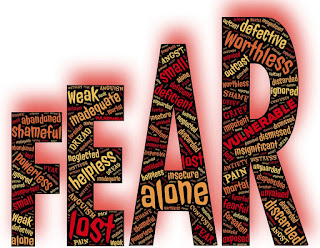We seem to live in a world where everything must be measured. Our children are tested to destruction and so are their teachers. So much to be checked, benchmarked and given some sort of agreed value. But can measurement be applied to therapy.
It shouldn’t
really be a surprise that we want to know if therapy is of value. A very fair
question given the investment of time, self and money that we put into the
sessions. A good place to start is right at the beginning. You and your therapist
will likely have agreed some objectives. In short, what do you want to get out
of the work; things that will directly address the reason you came in the first
place.
The big areas
to focus on might be a greater clarity about the challenges you face. You have
a better sense of why you feel the way you do which might in turn impact your
levels of anxiety or you find yourself happier. You may feel you are getting
more out of life and that relationships that matter to you have become deeper
or have greater meaning. Perhaps you find yourself engaging more with life,
simple but often profound.
There are
many goals in therapy, too many to cover here, but key perhaps is that you both
understand your goals for the work. These may change over the course of the
sessions, which is fine, but ultimately you are aware of a shift, that you are
moving in the right direction for you.
If this
ceases to be your experience then try talking to your therapist about your
experience of the work. It might be time to move on and work with a different
therapist and in a different way. What matters, though is you and how you want
to measure your journey to find the experience of being that you seek.












